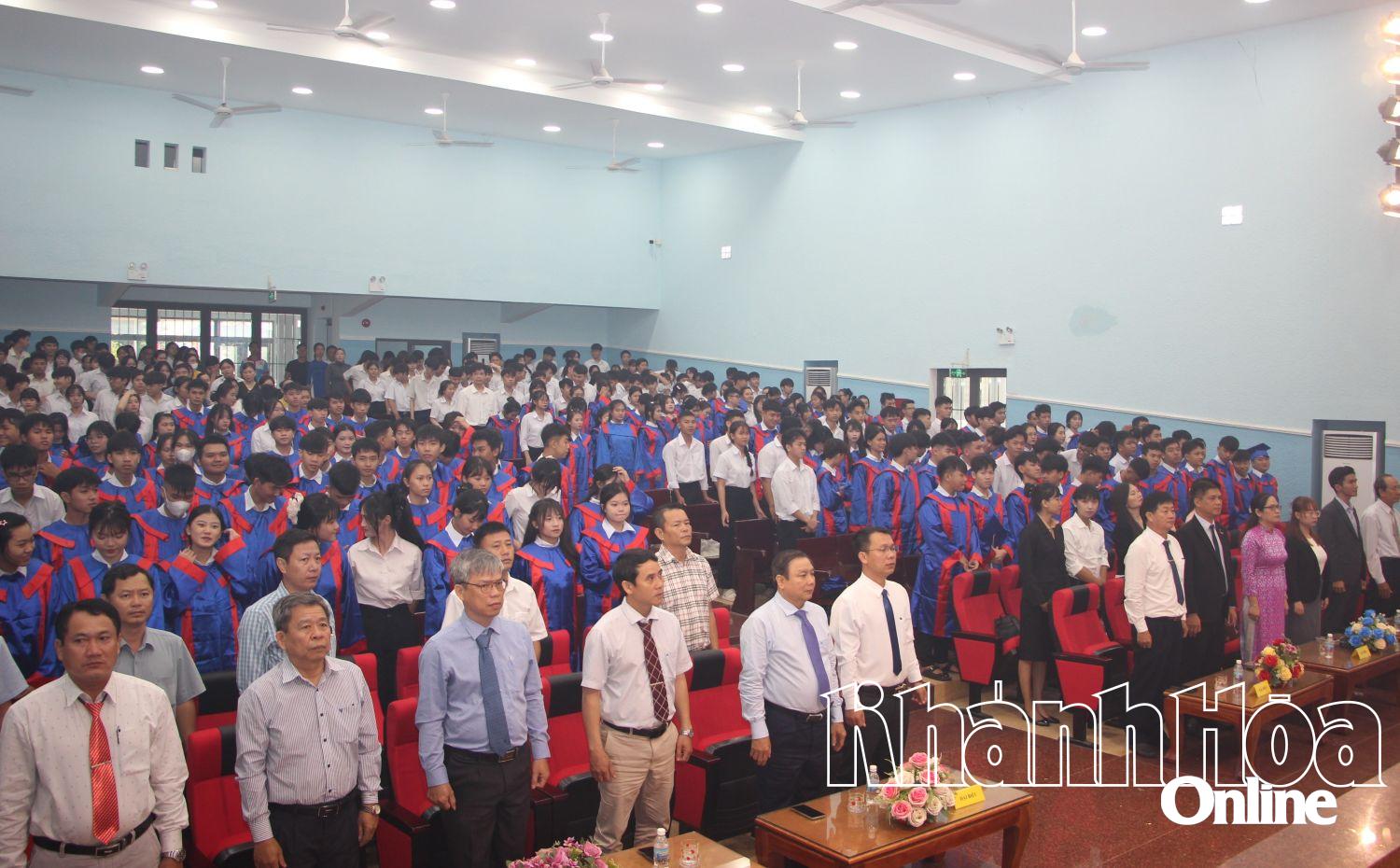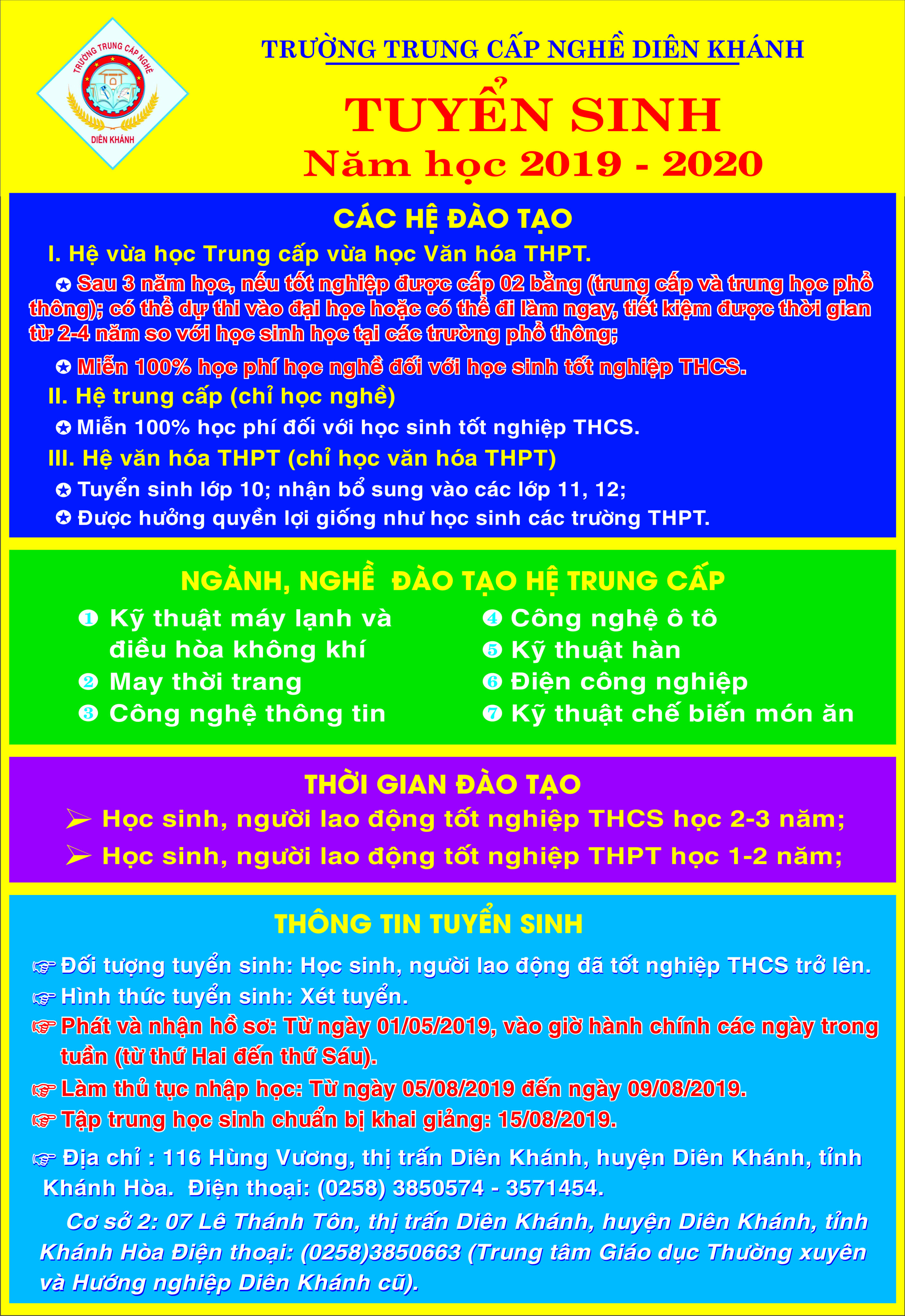Beyond the Headlines Navigating pivotal national news moments and the evolving American landscape.
- Beyond the Headlines: Navigating pivotal national news moments and the evolving American landscape.
- The Shifting Political Landscape
- Economic Challenges and Opportunities
- The Role of Technology in the Modern Economy
- Social Issues and the Evolving American Identity
- The Importance of Community Engagement
- Navigating the Information Ecosystem
Beyond the Headlines: Navigating pivotal national news moments and the evolving American landscape.
In an era defined by instant communication and a 24-hour news cycle, staying informed about national news is more critical than ever. The United States faces a complex interplay of political, economic, and social challenges, demanding a citizenry equipped with accurate and comprehensive information. This article delves beyond superficial headlines, exploring pivotal moments and the evolving American landscape. Understanding these developments isn’t merely about tracking events; it’s about fostering informed civic engagement and participating meaningfully in the future of the nation.
The ability to discern credible sources from misinformation is paramount. As societal structures shift and new communication platforms emerge, responsible consumption of information takes on renewed relevance. Navigating this landscape requires critical thinking, a commitment to factual reporting, and an awareness of potential biases. This exploration aims to provide insightful analysis on prominent issues affecting the American population, presenting a balanced perspective to facilitate informed decision-making.
The Shifting Political Landscape
American politics have been in a state of flux for the past decade, marked by increasing polarization and a decline in bipartisan cooperation. Recent elections have highlighted deep divisions within the electorate, with varying perspectives on key issues such as healthcare, immigration, and economic policy. The rise of social media has further amplified these divisions, creating echo chambers where individuals are primarily exposed to information confirming their existing beliefs.
The influence of special interest groups and campaign financing continue to be significant factors shaping the political discourse. Lobbying efforts and financial contributions can influence policy decisions, raising concerns about the integrity of the democratic process. Addressing these challenges requires transparency, campaign finance reform, and a renewed focus on civic education to empower citizens to participate effectively in their government.
| 2020 | Presidential Election | Shift in Presidential Administration |
| 2022 | Midterm Elections | Narrowed Congressional Majorities |
| 2024 | Upcoming Presidential Election | Potential for Significant Policy Changes |
Economic Challenges and Opportunities
The U.S. economy currently faces a complex situation, dealing with inflation, supply chain disruptions, and changing labor market dynamics. While the unemployment rate remains relatively low, wage growth has not kept pace with rising prices, impacting household budgets and consumer spending. The Federal Reserve’s efforts to combat inflation through interest rate increases could potentially slow economic growth and lead to a recession.
However, there are also areas of economic opportunity. Investment in renewable energy, infrastructure projects, and technological innovation are creating new jobs and stimulating economic activity. Addressing income inequality and ensuring equitable access to economic opportunities remain crucial challenges for the nation. Promoting policies that support small businesses, workforce development, and affordable education are essential for fostering long-term economic prosperity.
The Role of Technology in the Modern Economy
Technological advancements continue to reshape the American economy. Automation and artificial intelligence are transforming industries, increasing productivity, and creating new types of jobs. However, these developments also pose challenges, such as potential job displacement and the need for workers to acquire new skills. Investing in education and training programs is vital to prepare the workforce for the demands of the future.
The dominance of a few large technology companies raises concerns about market concentration and the potential for anti-competitive practices. Addressing these issues requires antitrust enforcement and policies that promote innovation and competition. Furthermore, ensuring data privacy and cybersecurity are essential to protect consumers and businesses in the digital age.
- Increased reliance on e-commerce and online services.
- Growth of the gig economy and freelance work.
- Expansion of remote work opportunities.
- Rise of data analytics and artificial intelligence.
Social Issues and the Evolving American Identity
American society is grappling with a range of social issues, including racial inequality, healthcare access, and gun violence. The legacy of systemic racism continues to impact communities of color, and addressing these disparities requires systemic changes and a commitment to social justice. Improving access to affordable healthcare is a pressing concern for millions of Americans, and policymakers are debating various solutions to address this challenge. The ongoing debate over gun control highlights deep divisions within the country, with advocates for stricter regulations and those who defend Second Amendment rights.
The changing demographics of the United States are also reshaping American identity. Increased immigration and a growing diversity of cultures are enriching the nation but also creating tensions and challenges. Promoting inclusivity, tolerance, and understanding is essential for building a cohesive society. Investing in education, cultural exchange programs, and community building initiatives can help bridge divides and foster a sense of shared identity.
The Importance of Community Engagement
Strengthening communities is vital for addressing social challenges and building a more resilient society. Local organizations, non-profits, and volunteer groups play a crucial role in providing essential services, promoting civic engagement, and fostering a sense of belonging. Supporting these organizations and encouraging individual participation in community activities can help build stronger, more vibrant communities. Neighborhood revitalization initiatives, affordable housing projects, and access to quality education are all important components of community development.
Promoting dialogue and fostering understanding across different groups is also essential. Creating opportunities for people from diverse backgrounds to come together, share their experiences, and learn from one another can help break down barriers and build trust. Addressing social isolation and loneliness is another important aspect of community building, especially in an increasingly digital and fragmented world.
- Supporting local businesses.
- Volunteering time and skills.
- Participating in local government meetings.
- Donating to local charities.
Navigating the Information Ecosystem
The proliferation of misinformation and disinformation poses a significant threat to informed civic engagement. Social media platforms have become breeding grounds for false narratives and conspiracy theories, making it difficult for individuals to discern credible information from fabricated content. Combating misinformation requires critical thinking skills, media literacy education, and a commitment to fact-checking.
Responsible journalism and independent media play a vital role in holding power accountable and providing accurate information to the public. However, the news industry is facing economic challenges, leading to cutbacks in staff and resources, which impacts the quality and depth of coverage. Supporting independent journalism and promoting media diversity are essential for ensuring a well-informed citizenry.
| Established News Organizations | Fact-checking, Editorial standards, Reputational history | Potential for political or ideological leanings |
| Academic Journals | Peer review, Rigorous Methodology, Empirical evidence | Potential for specialized focus or research bias |
| Social Media | User-generated content, Rapid dissemination of information | High risk of misinformation and bias |
In conclusion, navigating the complexities of the American landscape requires a multi-faceted approach. A commitment to informed civic engagement, a critical approach to information consumption, and a dedication to fostering inclusive communities are all essential for strengthening the nation and shaping a positive future. Standing informed is not a passive activity; it requires constant vigilance and a willingness to engage with differing perspectives in a constructive manner.


























